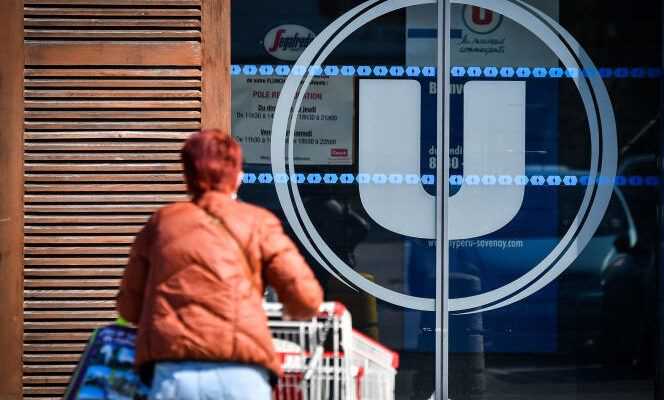Dominique Schelcher, CEO of Système U, Patrick Artus, economist, Jean Valfort, restaurateur and founder of Panorama Group, and Guénaëlle Gault, director of L’ObSoCo (The Society and Consumption Observatory), were the guests of the Club de l’énergie , Thursday May 20.
“The war is not over”
Jean Valfort : Our restaurants in Paris have not opened. July and August are not the best months and there is nothing worse for a restaurant than to open, invest and have to close behind. The war is not over and we have no visibility in September-October, when the weather will cool. How much longer will it take us to completely get rid of a pandemic that is preventing us from working?
“Despite an additional cost, in the order of 10 to 15% for fruit and vegetables made in France, we have never sold so many” Dominique Schelcher, CEO of Système U
Dominique schelcher : As long as this crisis is not behind us, there will be uncertainties about the economic rebound. We currently have cases of contamination among our staff in regions that had not been spared until now. And when we look, it is often due to a relaxation in the precautionary measures.
Guénaëlle Gault: According to our surveys, less than one in ten French people think that, in six months, the crisis will be over. A quarter even think that, in three years, we will still be there. When we ask the French what they would do if they had one more month’s salary, they prioritize savings, then debt repayment, housing and vacations. In front of all other consumer goods. And if we give them a year’s salary more, the hierarchy would be exactly the same, with savings and debt in mind.
“Live and work differently”
DS: The French have focused more than ever on local products. It reassures them. They make the local economy work, maybe a cousin works there, and the environmental impact of transport is reduced. We have seen double-digit growth. The customers played the game. Despite an additional cost, in the order of 10 to 15% for fruit and vegetables made in France, we have never sold so many. An encouraging sign of the return to normal life, of the desire to have fun, the sales of champagne, which had collapsed during the first confinement, are currently increasing by 100%.
GG: People aspire to live, work and consume differently. The French are well aware that over-equipment, hyperconsumption, which were the promise of happiness in the XXe century, can endanger their health and the environment. This concern has become massive. We revisit our life through the prism of the essential. But the constraints, particularly financial, are strong, and they must be supported in these changes, otherwise it turns into frustration.
You have 66.48% of this article to read. The rest is for subscribers only.
